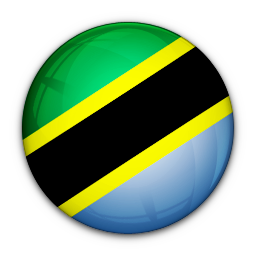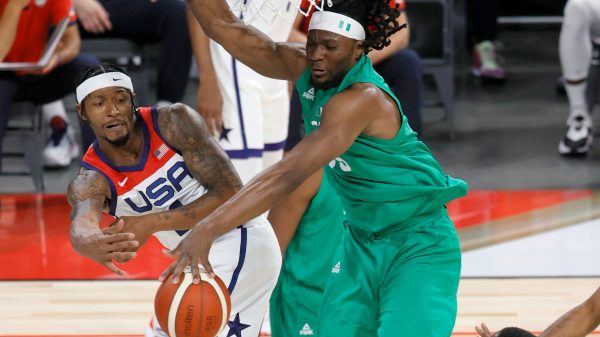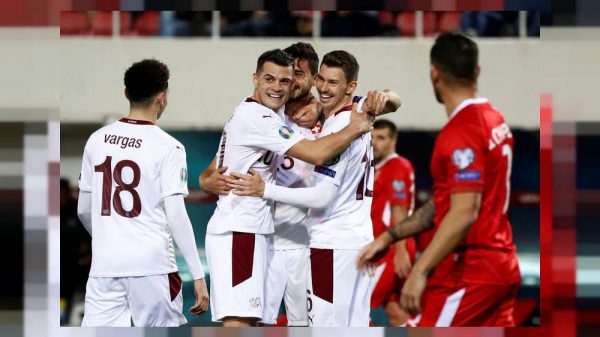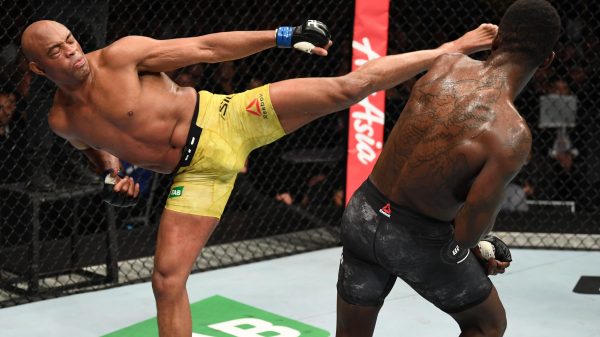Kenya’s Eliud Kipchoge won the gold medal in the Tokyo Olympics marathon. He completed the 42.195 kilometre distance in 2 hours 8 minutes and 38 seconds. Netherlands’ Abdi Naguai came second (+1.20), with Belgium’s Bachir Abdi coming third (+1.22).
In the 2020 Paris Olympics marathon race, Kipchoge won for the second time. He became one of three people to win back-to-back Olympic gold medals in a discipline, again joining Abebe Bikila (1960 and 1964) and Waldemar Zerpinski (1976 and 1980).
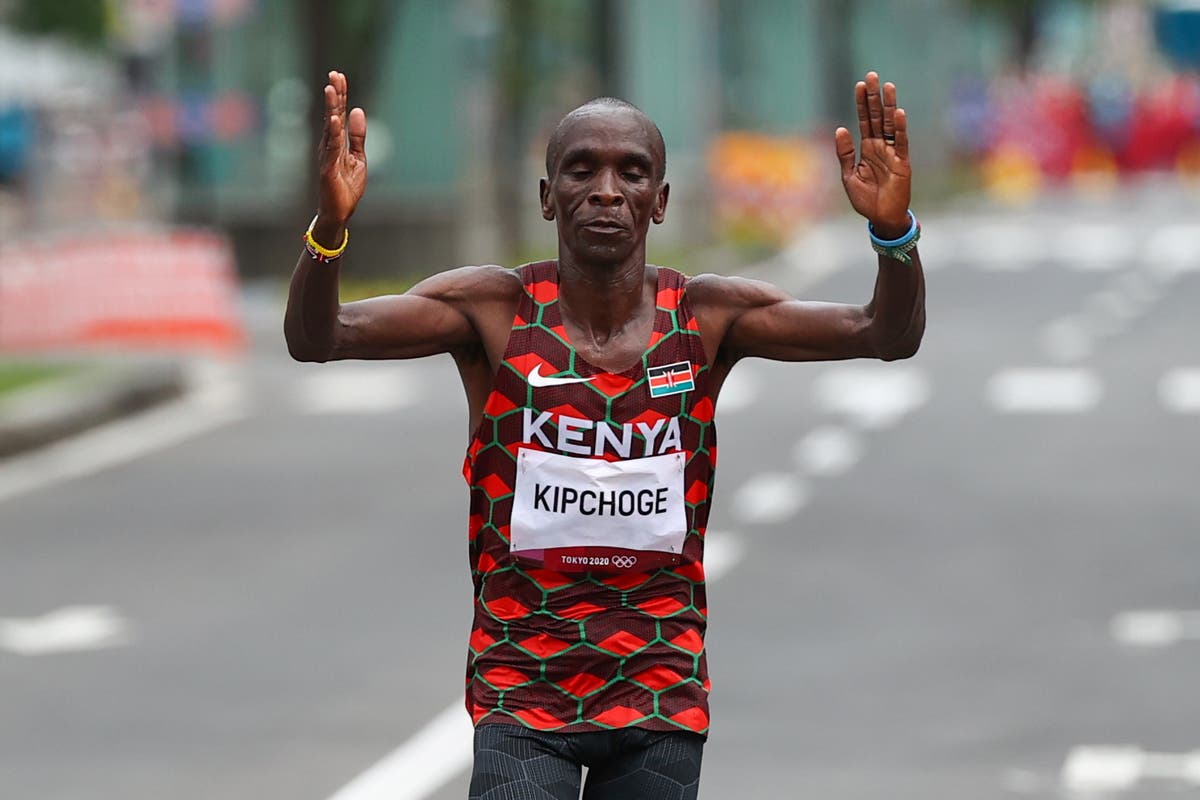 Biography of Eliud Kipchoge
Biography of Eliud Kipchoge
Eliud Kipchoge Born in Kenya, Kenya. Grew up in Nandi District of Rift Valley Province, Kenya. He was the 4th child of 6 children. Eliud is from a Maasai ethnic background and grew up with an alcoholic father and his mother who worked as a teacher by profession.
He graduated from Kapsisya Secondary School (1999) and then went to attend Kaptel High School in North West region for one year before moving to Iten where he started running distances which helped him excel quicker than some Kenyan runners already established in the sport. At 16 years old he met his future coach Patrick Sang at World Championships 1992 when Rhodesian athlete won silver medal, Patrick Sang’s.
Kenyan marathon runner Eliud Kipchoge is good friends with Sang. They are both from the village of Kirirom (near Eldoret) in Kenya, where they live on either side of the Ilemi Triangle. The two runners regularly train together and did so prior to Munich’s World Championships in 2012. At the Olympics, their rivalry continued even though Saudi Arabia was already out-of-the-running by then. Kipchoge has been married since 2009 and has three children who live with him in Eldoret near his family home there.
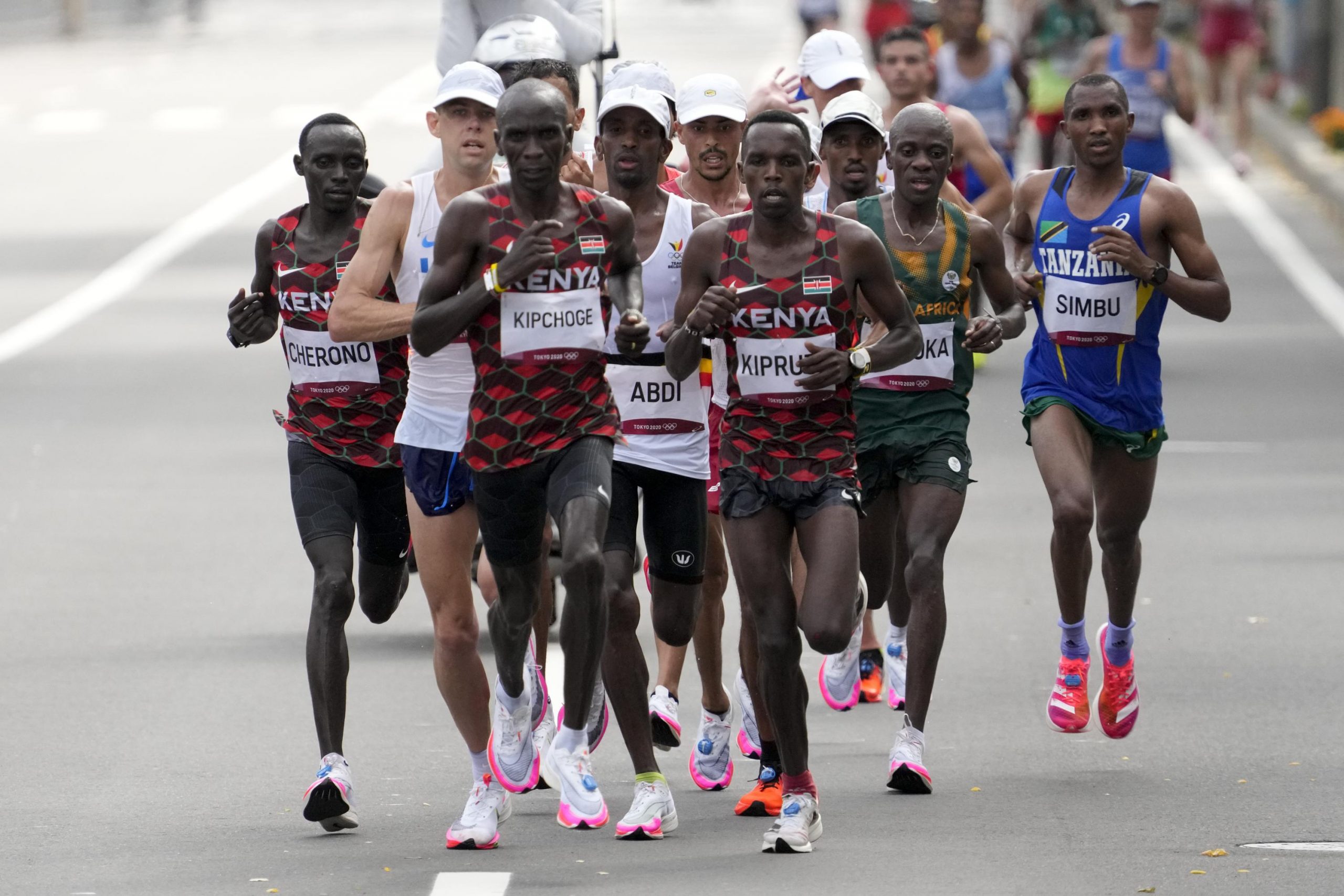 Read more
Read more
As he did two years ago, Kipchoge ran with 41 pacesetters who rotated in succession. The pacemakers were all the world’s fastest runners and included Swiss Julien Wanders, Australians Jack Rayner and Brett Robinson, as well as Norwegian Ingebrigtsen brothers.
Drinks were handed to Kipchoge by the attendants on bicycles so the athlete didn’t have to slow down at refreshment points for drinks or gels during the marathon.
According to the IAAF, it is not permitted for athletes to have a pacer during races and receive any form of sustenance. This race outside of the IAAF’s jurisdiction renders Kipchoge’s record unofficial just like his Monza course records were considered as such.
“In Berlin [Berlin Marathon 2018] and the run in Vienna you have to create history. It’s like the first man on the moon,” said Kipchoge before the race.
The journalist inquired if the monumental achievement of running a marathon in under two hours would improve attitudes towards high performance sport, given current negative sentiment in society due to doping scandals.
Kipchoge replied that “There are flowers and then there are weeds as well. Let’s always think about the flowers and how they can make the world happy.”
